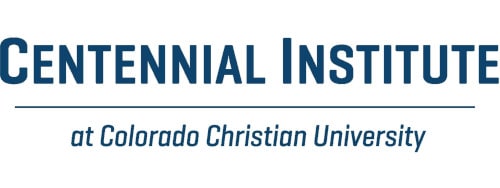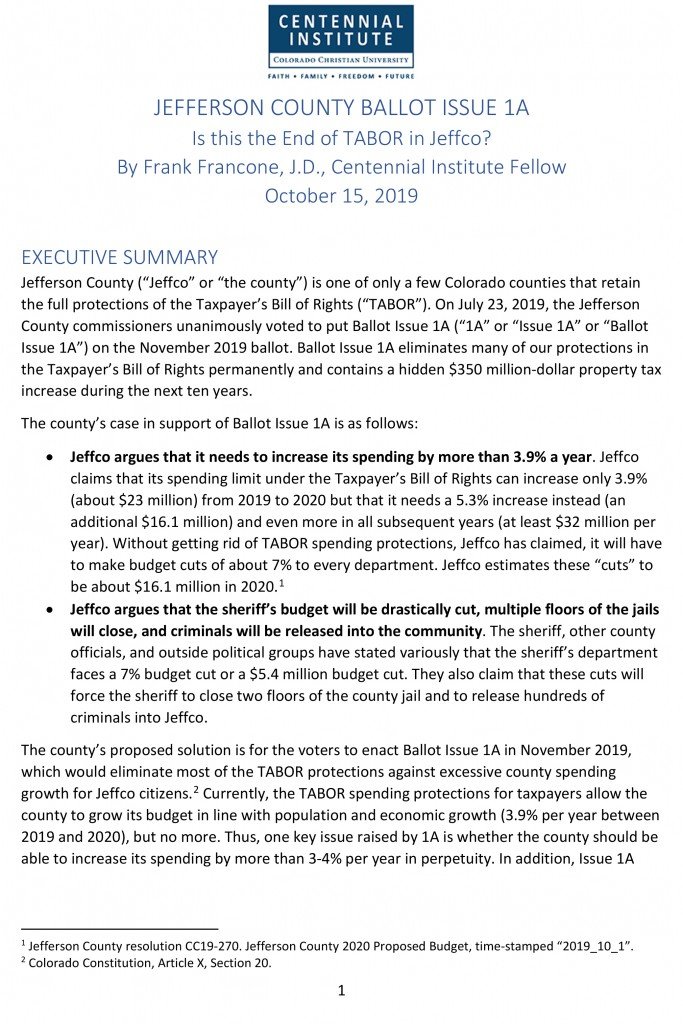EXECUTIVE SUMMARY
Jefferson County (“Jeffco” or “the county”) is one of only a few Colorado counties that retain the full protections of the Taxpayer’s Bill of Rights (“TABOR”). On July 23, 2019, the Jefferson County commissioners unanimously voted to put Ballot Issue 1A (“1A” or “Issue 1A” or “Ballot Issue 1A”) on the November 2019 ballot. Ballot Issue 1A eliminates many of our protections in the Taxpayer’s Bill of Rights permanently and contains a hidden $350 million-dollar property tax increase during the next ten years.
The county’s case in support of Ballot Issue 1A is as follows:
- Jeffco argues that it needs to increase its spending by more than 3.9% a year. Jeffco claims that its spending limit under the Taxpayer’s Bill of Rights can increase only 3.9% (about $23 million) from 2019 to 2020 but that it needs a 5.3% increase instead (an additional $16.1 million) and even more in all subsequent years (at least $32 million per year). Without getting rid of TABOR spending protections, Jeffco has claimed, it will have to make budget cuts of about 7% to every department. Jeffco estimates these “cuts” to be about $16.1 million in 2020.
- Jeffco argues that the sheriff’s budget will be drastically cut, multiple floors of the jails will close, and criminals will be released into the community. The sheriff, other county officials, and outside political groups have stated variously that the sheriff’s department faces a 7% budget cut or a $5.4 million budget cut. They also claim that these cuts will force the sheriff to close two floors of the county jail and to release hundreds of criminals into Jeffco.
The county’s proposed solution is for the voters to enact Ballot Issue 1A in November 2019, which would eliminate most of the TABOR protections against excessive county spending growth for Jeffco citizens. Currently, the TABOR spending protections for taxpayers allow the county to grow its budget in line with population and economic growth (3.9% per year between 2019 and 2020), but no more. Thus, one key issue raised by 1A is whether the county should be able to increase its spending by more than 3-4% per year in perpetuity. In addition, Issue 1A would permit the county to raise the county portion of property taxes by about 18%, or about $350 million over the next ten years.
This brief is based on an analysis of Jefferson County’s adopted county budgets for 2015-2019, the recent 2020 Proposed Budgets, and the official presentations made to the Board of County Commissioners by Jeffco’s budget department in July and August. We drew the following conclusions:
- One-year tight budget. If 1A is not enacted, Jefferson County revenues, expenditures, and the TABOR spending cap will be flat for one year from 2019 to 2020. After 2020, revenues, expenditures, and the spending cap will likely increase by between 3% and 4% per year.
- Minimal actual budget cuts. The $16.1 million cuts Jeffco speaks of are not really “budget cuts” because the budget is hardly decreasing at all from 2019 to 2020. Therefore, the $16.1 million should be regarded primarily as reductions in the rate of growth of spending, instead of “cuts.”
- Jefferson County’s tight 2020 budget was probably caused by substantial spending growth by Jefferson County over the past five years. From 2015 to 2019, Jeffco’s spending growth has exceeded that of other neighboring, suburban counties. This previous high growth rate is the cause of the flat budget in 2020.
- Early concerns about drastic cuts to the sheriff’s budget are no-longer relevant. On August 6, 2019, and again in October, Jeffco’s budget manager quietly retracted his plan to cut the sheriff’s budget if 1A is not passed. He did so in two Proposed Base Budget documents for 2020. Both would increase the sheriff’s budget from 2019 to 2020, even if Ballot Issue 1A does not pass.
- Ballot Issue 1A contains no guarantee any of the increased tax revenue will go to the sheriff. Voters asked the county, at the July 23 Board of County Commissioners meeting, to add language to Ballot Issue 1A that would guarantee that the increased spending would go to the sheriff to keep the jails open. The county refused. As it stands, Proposition 1A puts the additional taxes and the increased spending authority into the county general fund and effectively allows the commissioners to spend it in any manner they choose.


